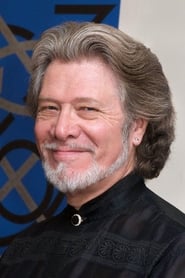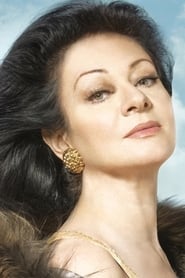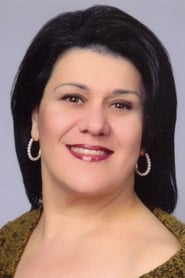
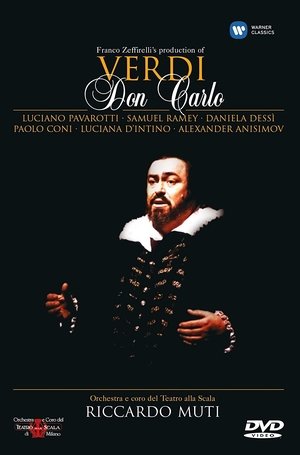
Don Carlo(1992)
This opera was filmed live at La Scala in 1992. The all-star cast includes Luciano Pavarotti, Samuel Ramey, aolo Coni, Daniela Dessi, Luciana d'Intio, and Alexander Anismov. Riccardo Muti conducts.
Movie: Don Carlo
Top 9 Billed Cast
Rodrigo, Marchese di Posa
Il Grande Inquisitore
Un frate
Tebaldo

Don Carlo
HomePage
Overview
This opera was filmed live at La Scala in 1992. The all-star cast includes Luciano Pavarotti, Samuel Ramey, aolo Coni, Daniela Dessi, Luciana d'Intio, and Alexander Anismov. Riccardo Muti conducts.
Release Date
1992-12-01
Average
0
Rating:
0.0 startsTagline
Genres
Languages:
ItalianoKeywords
Similar Movies
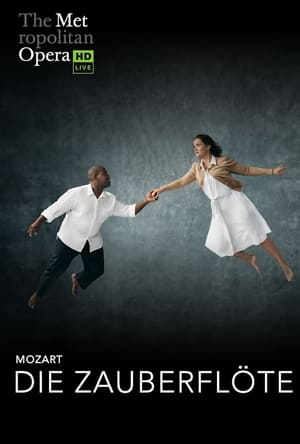 0.0
0.0The Met: Live in HD – Die Zauberflöte(en)
The Queen of the Night enlists a handsome prince named Tamino to rescue her beautiful kidnapped daughter, Princess Pamina. Aided by the lovelorn bird hunter Papageno and a magical flute that holds the power to change the hearts of men, young Tamino embarks on a quest for true love, leading to the evil Sarastro's temple where Pamina is held captive.
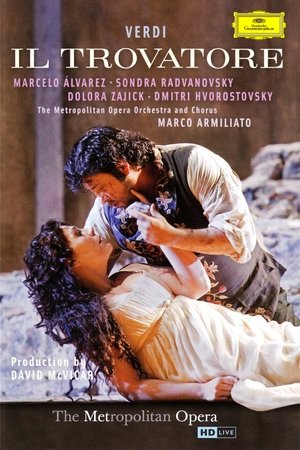 8.0
8.0The Metropolitan Opera: Il Trovatore(en)
Verdi’s IL TROVATORE again storms the Met stage in a star-studded, anvil-wielding cast , including Sondra Radvanovsky, Dolora Zajick and Dmitri Hvorostovsky. Marcelo Álvarez sings Manrico, the troubadour of the title. The story is well-known already: The gypsy Azucena has harbored a grudge for thirty years, but she is about to have revenge at last. Meanwhile, her son Manrico is in love with Leonora, but so is his arch-enemy, the Count Di Luna. A pot-boiler, where every tune is a hit.
 8.0
8.0Il Trovatore(it)
José Cura, Dmitri Hvorostovsky, Verónica Villarroel and Yvonne Naef lead the star cast of Verdi's blazingly passionate opera IL TROVATORE, in Elijah Moshinsky's new Royal Opera House production co-produced with Teatro Real Madrid, with sets by the noted film designer Dante Ferretti and costumes by Anne Tilby.
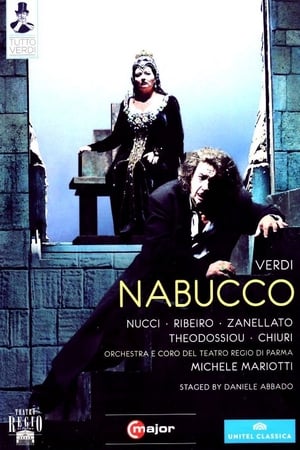 7.0
7.0Nabucco(it)
Part of Tutto Verdi series - Nabucco (2009) Parma. NABUCCO was Verdi’s third work for the stage and proved his first great success when performed in 1842. It deals with the Hebrew’s attempts to break free from the yoke of their Babylonian oppressors and is nowadays numbered among Verdi’s most popular works, not least on account of its famous Chorus of Hebrew Slaves, which has one of the best-loved melodies in the whole history of opera.
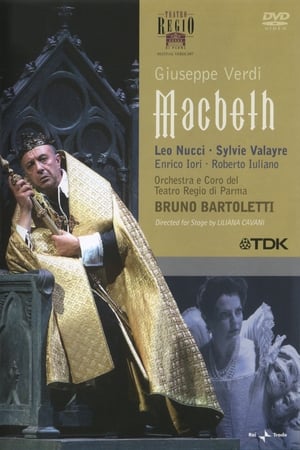 9.5
9.5Macbeth(it)
Part of Tutto Verdi series - Macbeth (2006) Parma. Macbeth is one of the most multi-layered, profound and demanding roles that Verdi ever wrote for a baritone and the Italian singer Leo Nucci is arguably the most distinguished in his field. The role has repeatedly brought him lasting success and he enacts it with an intensity that only the very experienced stage personality can muster. French singer Sylvie Valayre is known for her versatile interpretations of spinto and dramatic coloratura soprano parts, especially for particularly gruelling roles like Lady Macbeth. Supported by Italian bass Enrico Iori as Banco and tenor Roberto Iuliano as Macduff, they make up a wonderful cast under the baton of Bruno Bartoletti, musical director of the Teatro Regio di Parma.
 10.0
10.0Rigoletto(it)
A Victor Hugo play, haunting and scandalous, provided the inspiration for Verdi’s mid-career masterpiece. A vengeful but misguided court jester strives to save his daughter from a duke’s licentious clutches, but can't part with the feeling that a curse looms over all of his actions. In Rigoletto, the composer introduces several of his most iconic arias and duets—as well as an 11th-hour quartet that counts among the finest moments in opera.
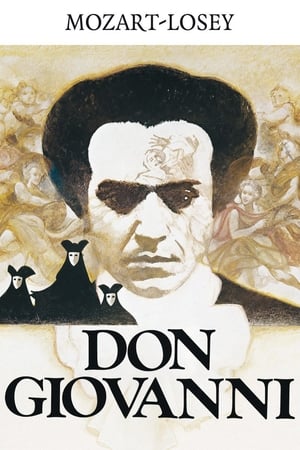 6.9
6.9Don Giovanni(it)
Screen adapatation of Mozart's greatest opera. Don Giovanni, the infamous womanizer, makes one conquest after another until the ghost of Donna Anna's father, the Commendatore, (whom Giovanni killed) makes his appearance. He offers Giovanni one last chance to repent for his multitudinious improprieties. He will not change his ways So, he is sucked down into hell by evil spirits. High drama, hysterical comedy, magnificent music!
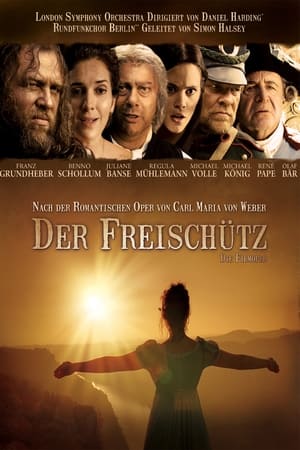 6.5
6.5Hunter's Bride(de)
Inspired by Carl Maria von Weber's Der Freischütz, the film opera Hunter's Bride traces the romantic rivalry between two veterans of the Napoleonic Wars who each vie for the heart of the same woman.
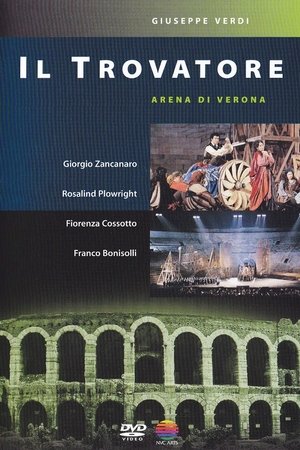 0.0
0.0Il Trovatore(it)
tt0253843. Il Trovatore (1985) Verona. Verdi / Italian. Reynald Giovaninetti conducts the Orchestra of the Arena di Verona in a performance of Verdi's 'Il Trovatore'. The international cast includes Giorgio Zancanaro and Rosalind Plowright. The Count Di Luna believes that his younger brother was murdered years before by a vengeful gypsy, but still hopes that he may be alive. When he attempts to court the beautiful Leonora, he is enraged to discover that she has a lover - the troubadour, Manrico. Manrico and the Count duel, and afterwards Manrico reveals to Azucena, the woman he believes to be his mother, that when he had the opportunity to kill the Count he felt something holding him back.
 8.0
8.0Il Trovatore(it)
Daniel Barenboim conducts the Staatskapelle Berlin in this production of Verdi's opera starring Anna Netrebko and Plácido Domingo. The Count Di Luna believes that his younger brother was murdered years before by a vengeful gypsy but still hopes that he may be alive. When he attempts to court the beautiful Leonora, he is enraged to discover that she has a lover – the troubadour, Manrico. Manrico and the Count duel, and afterwards Manrico reveals to Azucena, the woman he believes to be his mother, that when he had the opportunity to kill the Count he felt something holding him back.
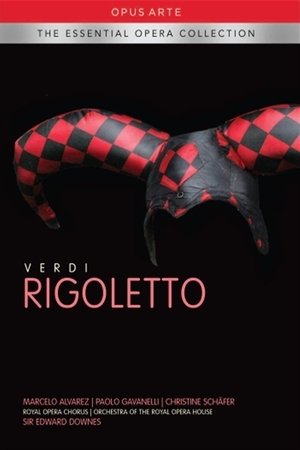 4.5
4.5Rigoletto(it)
Live recording at Royal Opera House, 22 September, 2001. Television live relay. In one of the Royal Opera’s most celebrated and popular productions, director David McVicar mixes lavish historical costumes and dark stylized settings to highlight the savagery and excitement of Verdi’s tale of misdirected revenge. Paolo Gavanelli is vocally and theatrically electrifying as the hunchback anti-hero, acclaimed soprano Christine Schäfer is his doomed daughter, and superstar tenor Marcelo Alvarez is her fickle lover. With superb playing from the Orchestra of the Royal Opera House, it adds up to a thrilling Rigoletto for both opera aficionados and newcomers.
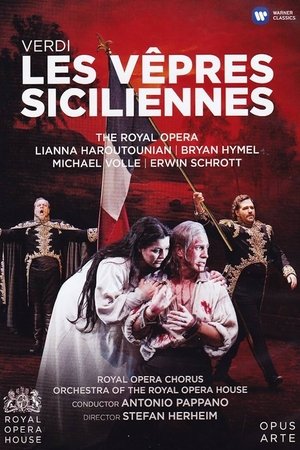 0.0
0.0Les Vêpres siciliennes(fr)
The French have occupied Sicily, and Hélène is held hostage by Montfort, the French governor, who has had her brother executed. She turns to the partisan Jean Procida and the rebellious patriot Henri in her bid for vengeance. Les Vêpres siciliennes is one of Verdi’s lesser-known mature operas, but was vital to his development as a composer. It was created for the Paris Opéra in 1855, providing Verdi with an opportunity to embrace the elaborate style and traditions of French grand opera. First seen at the Royal Opera House in 2013, this staging of Verdi's rarely-performed opera Les Vêpres siciliennes – directed by Stefan Herheim and conducted by The Royal Opera’s Music Director, Verdi specialist Sir Antonio Pappano – went on to win the prestigious Olivier Award for Best New Opera Production.
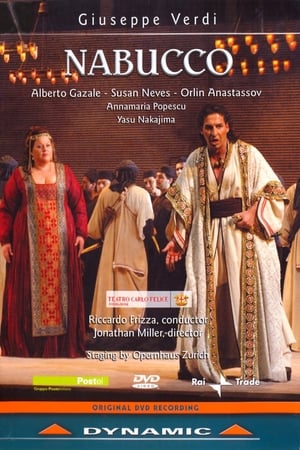 0.0
0.0Nabucco(it)
Live performance at Teatro Carlo Felice di Genova, June 2004. Original stage production by Operhaus Zurich. DVD: Dynamic, live recording Cat: 33465. Nabucco (short for Nabucodonosor, English Nebuchadnezzar) is an opera in four acts by Giuseppe Verdi to an Italian libretto by Temistocle Solera, based on the Biblical story and the 1836 play by Auguste Anicet-Bourgeois and Francis Cornue. It is VerdiÕs third opera and the one which is considered to have permanently established his reputation as a composer. Nabucco follows the plight of the Jews as they are assaulted, conquered, and subsequently exiled from their homeland by the Babylonian King Nabucco (in English, Nebuchadnezzar). The historical events are used as background for a romantic and political plot.
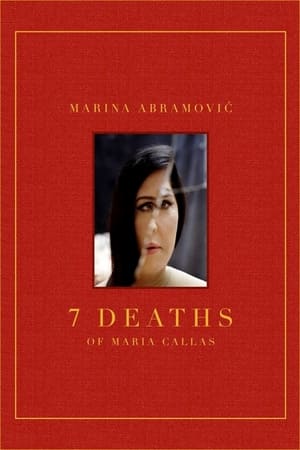 7.0
7.07 Deaths of Maria Callas(en)
A meditation on the female body as a source of both power and pain that focuses on the tragic figure of renowned American-Greek opera singer Maria Callas (1923-77), whose stunning soprano voice captivated audiences around the world in the mid-20th century while her life was wracked by scandal and personal suffering.
Nabucco(it)
Nabucco - live performance by Helikon Opera Theatre of Moscow at the Opéra de Massy, Paris.
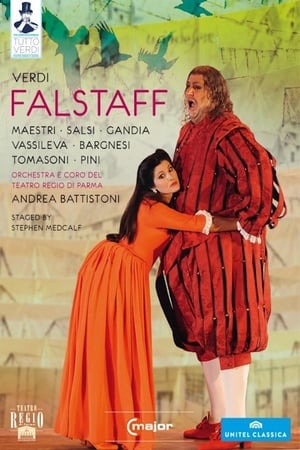 8.0
8.0Verdi: Falstaff (Teatro Regio di Parma)(it)
Part of Tutto Verdi series - Falstaff (2011) Parma. 'Falstaff' is an opera in three acts by the Italian composer Giuseppe Verdi (1813–1901). The libretto was adapted by Arrigo Boito from Shakespeare's 'The Merry Wives of Windsor' and scenes from 'Henry IV, parts 1 and 2'. The work premiered on 9 February 1893 at La Scala, Milan
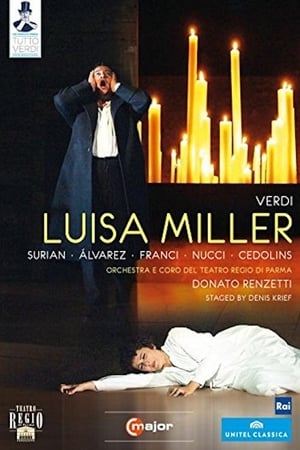 8.0
8.0Luisa Miller(it)
As the release of the ‘Tutto Verdi’ series from the Teatro Regio progresses, one has begun to have fears that the later Verdi operas will fail to measure up to the standards that have been set on DVD by productions from international houses across the globe. The issues of the early and middle period Verdi works have been welcome, because these pieces are so rarely encountered in the opera house; but with Macbeth and Luisa Miller we are coming to operas that have been performed by major artists in major productions with superb orchestras and conductors.
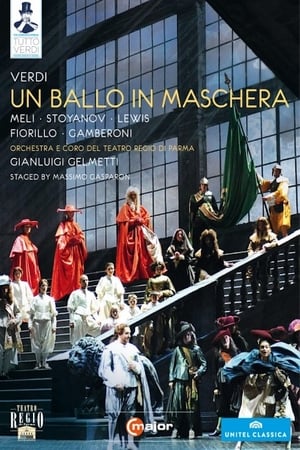 0.0
0.0Un ballo in maschera(it)
Part of Tutto Verdi series - Un ballo in maschera (2011) Parma. Based on a Scribe libretto and begun as 'Gustavo III' set in Sweden, it became 'Una vendetta in dominò' set in Germany, and finally 'Un ballo', set not in Sweden but in Boston, Massachusetts during the colonial era. These changes were caused by a combination of censorship regulations in both Naples and Rome, as well as by the political situation in France in January 1858.
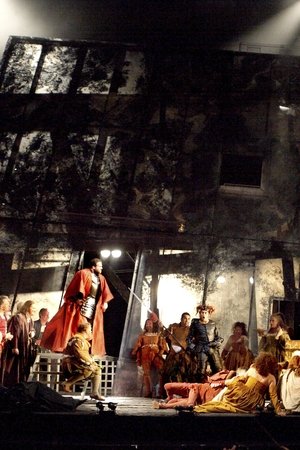 0.0
0.0Rigoletto(it)
An outsider—a hunchbacked jester—struggles to balance the dueling elements of beauty and evil that exist in his life.

